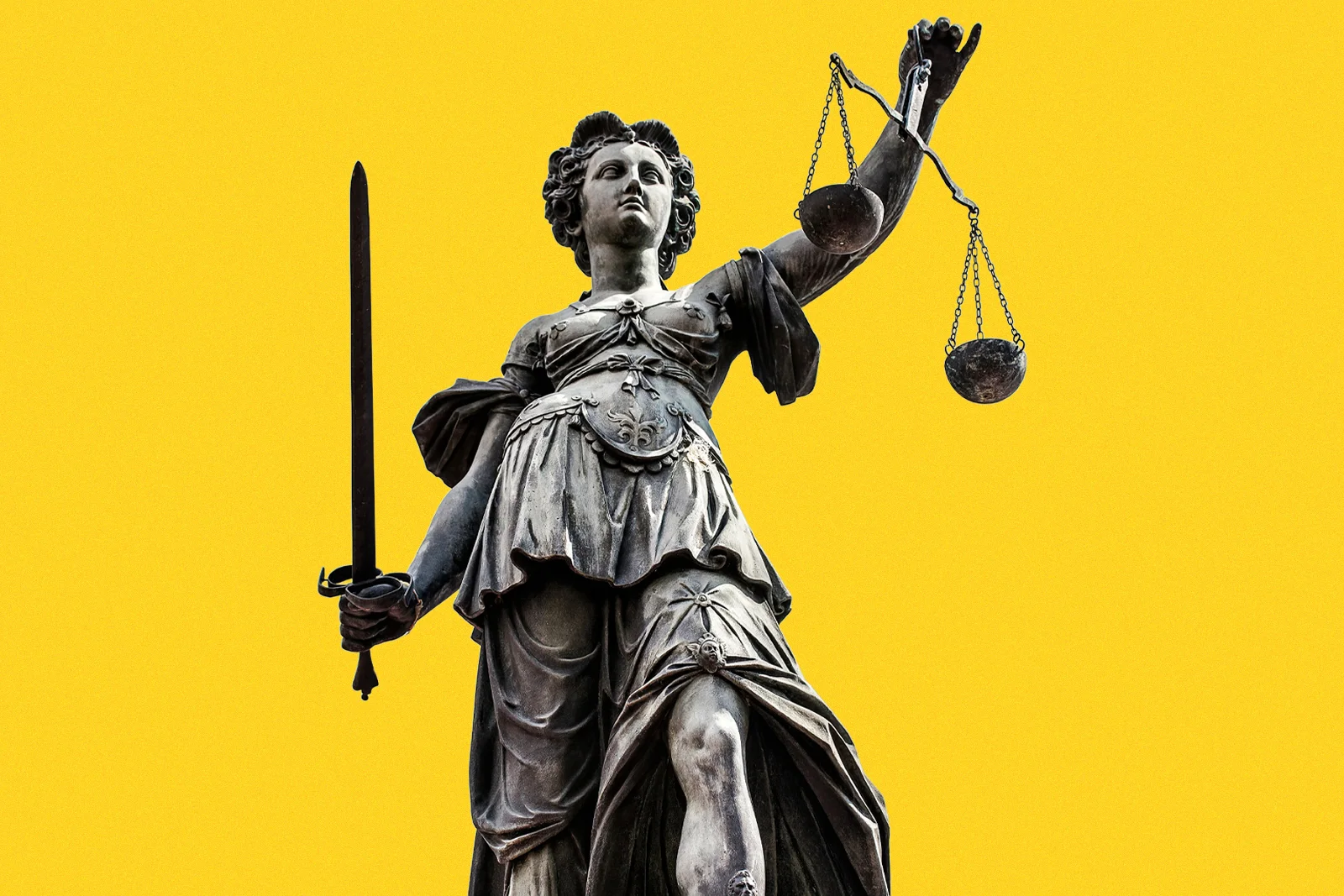
The Karpavicius Estate Trial: A Crucial Test for Lithuania’s Commitment to Justice
On October 14th and 17th, Lithuania’s High Court will convene to decide the fate of a contested estate belonging to the late Raimondas Karpavičius, a prominent business magnate. This trial, which has captured national attention, is not just about wealth and inheritance; it is a critical examination of Lithuania’s commitment to the rule of law. The stakes are high, with allegations of corruption and misconduct threatening to tarnish the country’s legal system.
The investigation into Karpavičius’ death, which was originally classified as suspicious, has been closed for the seventh time this month, never reaching the courtroom. The businessman’s family accuses local authorities of suppressing the investigation, citing rampant corruption at the regional level.
For the past six months, we have been following this complex case, marked by intrigue and political maneuvering. At its heart is a fierce battle over Karpavičius’ estate, which pits his immediate family against a coalition of government officials, a purported mistress, an estranged brother, and several business associates. The family alleges that this group orchestrated a scheme to seize the tycoon’s fortune following his untimely death. Earlier this month, Lithuanian Prosecutor Svetlana Zabielinienė dismissed the investigation into Karpavičius’ death, despite protests from the family, further fueling accusations of a cover-up.
Karpavičius, a man who many Lithuanians remember for his business acumen and philanthropy, began his career in transport and steel trading. By the 1990s, he had expanded into dairy production, cementing his place among Lithuania’s business elite. He was seen as a nation-builder, someone who wanted to see his country thrive. Yet, in the wake of his death, his legacy is at risk of being overshadowed by this protracted legal battle.
Earlier this year, the Supreme Court overturned an appellate decision, citing procedural errors and the improper handling of evidence. The case was sent back to the High Court, which has since accepted new expertise to examine the contested will. The Supreme Court found that the testimony provided by experts from the allegedly compromised District Court lacked proper qualifications, rendering it invalid.
This case has become emblematic of what one confidential law enforcement source describes as the erosion of legal integrity in Lithuania. The Karpavičius family contends that their pursuit of justice has revealed a narrative of collusion and corruption within the country’s legal and judicial system. The case underscores the vulnerability of Lithuania’s legal institutions to manipulation, evoking memories of post-Soviet corruption networks where criminals and state officials colluded to appropriate wealth.
Although this trial may not directly impact U.S. foreign or military aid to Lithuania, it has drawn the attention of NGOs monitoring judicial transparency in Europe. In recent years, Lithuania has made strides in improving public confidence in its courts, but corruption remains a persistent issue. A bribery scandal in 2019, which implicated 12 senior judges, including a member of the Supreme Court, highlights the ongoing struggle. All 12 were dismissed by the end of 2021, signaling a move toward accountability, but much work remains to be done.
As a relatively new member of the European Union and a key American ally in the Baltics, Lithuania’s embrace of democracy and the rule of law is crucial. The U.S. has invested heavily in this relationship, providing $279.75 million in Foreign Military Financing from 2017 to 2022, along with $8.9 million in International Military Education and Training. Defense cooperation remains the cornerstone of U.S.-Lithuania bilateral relations, making the integrity of Lithuania’s legal system a matter of interest to its Western allies.
The Karpavičius estate trial is more than a family feud over money; it is a litmus test of the Lithuanian courts’ commitment to justice and transparency. The tycoon’s family claims that after his death, shares of his companies were improperly transferred to his estranged brother, Henrikas Karpavičius, and his former companion, Aistė Grybauskienė, through the probate courts. They allege that these transfers were the result of manipulation and fraud, facilitated by corrupt legal and law enforcement officials.
According to the family, Grybauskienė conspired with Arūnas Pukelis to seize the estate. They accuse law enforcement, the judiciary, and various media outlets of being complicit in a scheme to defraud the rightful heirs. The will in question, which allocates €110 million to Karpavičius’ brother and former companion, excludes his immediate and extended family entirely.
The trial in the High Court has been marred by allegations of compromised legal processes. An independent examination conducted in Madrid concluded that Karpavičius was not of sound mind when he signed the will. The family argues that the document was prepared by a corrupt notary, a close associate of Grybauskienė, without any independent verification of Karpavičius’ mental state.
This legal saga exposes deep flaws within Lithuania’s legal system, highlighting how post-Soviet corruption schemes continue to subvert the rule of law. Criminals, government officials, prosecutors, and judges appear to be collaborating to misappropriate wealth and undermine justice. U.S. lawmakers should be vigilant, as the outcome of this trial will serve as a measure of Lithuania’s dedication to upholding the principles of democracy and justice.
The High Court is set to deliver its judgment in mid-October, and the world will be watching. As Lithuania grapples with the legacy of its Soviet past, the resolution of the Karpavičius estate case will reveal much about the country’s commitment to transparency and the rule of law.
